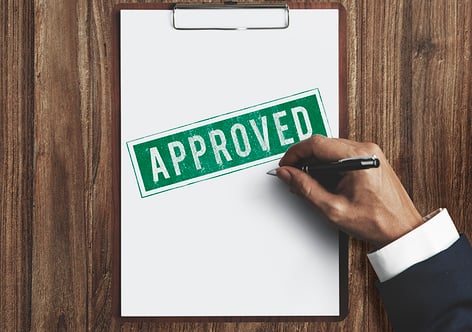
When your business is within the retail sector, consumer confidence and market uncertainty can make all the difference in whether you are operating in the red or the black. But how do you adapt to changes in the market? One option to consider is a business valuation today so you can plan for the future, focus on your strengths and avoid the potential pitfalls of this industry. You can then adapt to changing market conditions and position your business to take advantage of the high points in the market while riding out the low ones.
Many people only consider obtaining a third-party business valuation when they are looking to buy or sell. The benefits gained during a retail store valuation now, regardless of your future plans, can provide you with valuable insights into your operation, and a better understanding of your overall assets and liabilities. This, in turn, gives you the tools you need to get your business through the difficult times while taking advantage of growth opportunities in the good times.
As an example, regardless of the timing, it is likely that your business has recently squeaked through an economic downturn as well as seasonal upswings in sales. Based on your experience, you would now like to consider growing your business by adding a new location or merging with a competitor that hasn't fared as well. In preparing to manage the due diligence process, you need to know what your business is worth, whether it's to secure the financing and investment you need, or to know where you stand in comparison to competitors. By learning this information, you can better negotiate the terms involved in the potential transaction.
The certified independent appraisal report you receive should have all information you need including a report on your market sector as a whole and its anticipated growth or loss in the upcoming years. A look at your competitors should also be included, detailing how they compare to you in the market. Your assets and liabilities are reviewed, giving you valuable insights into the areas you may need to upgrade or replace that are inefficient or even failing.
As a result, you may see innovative approaches to customer support that strengthens your business' overall stance in the market sector. The appraisal may even help you look at your online presence and level of digitization, as well as how that capability is expected to allow your business to expand into new markets.
In summary, you'll have the supporting documentation you need to get that loan for a new location opening or to improve and expand your existing business processes. You can make smart, informed decisions on what needs to change in your company to boost its performance and see where you should continue to invest for future growth. Obtaining a retail business appraisal from a certified experienced valuation firm is one of the best ways to gain these insights into your company which, in turn, will provide options that allow you to adapt to meet changing market demands.





